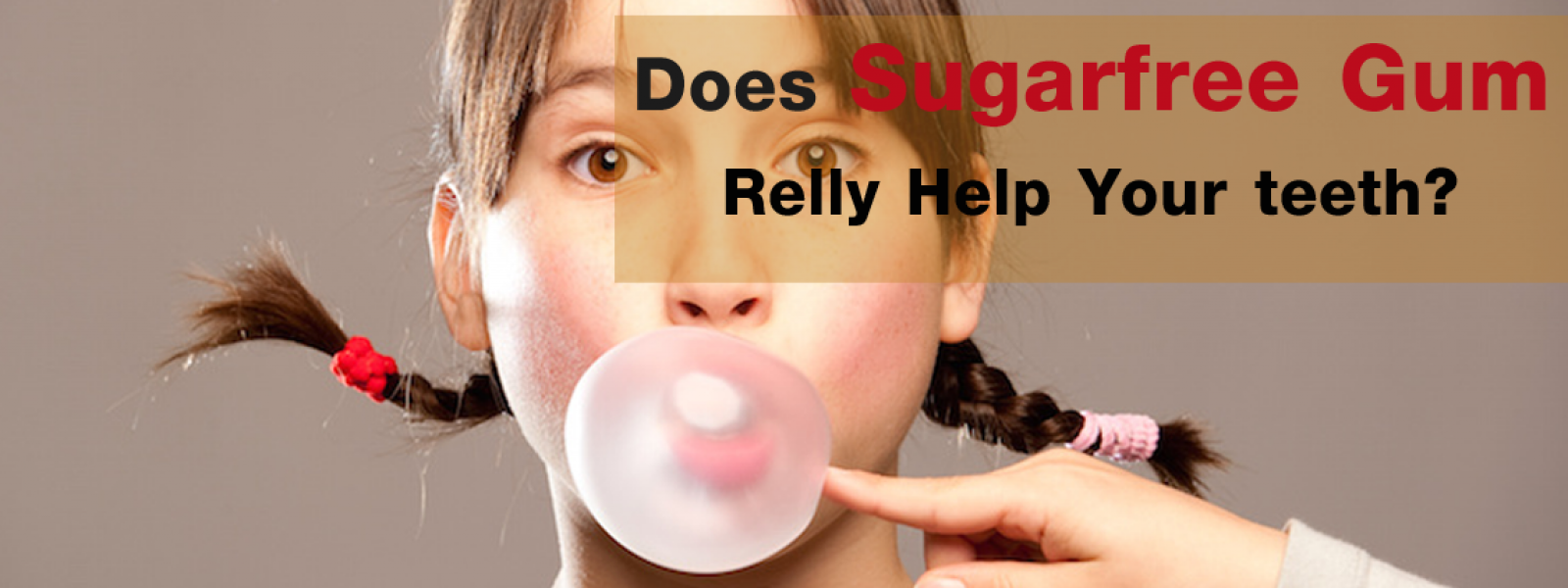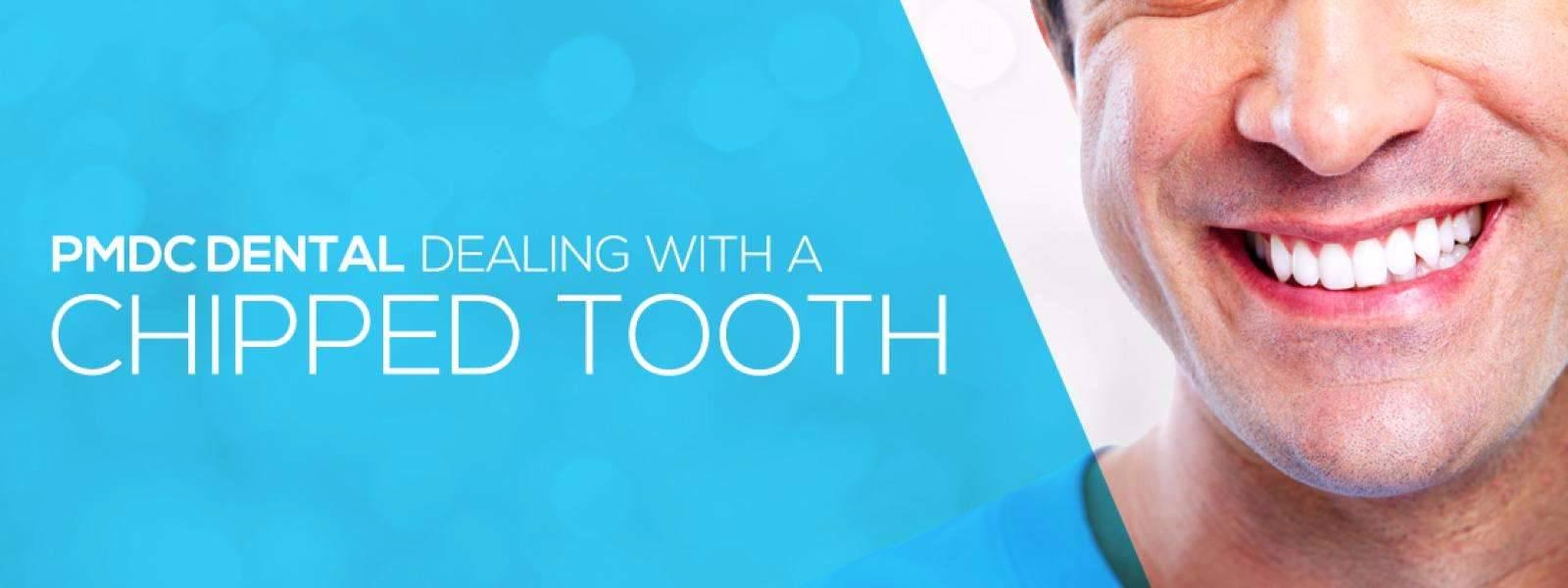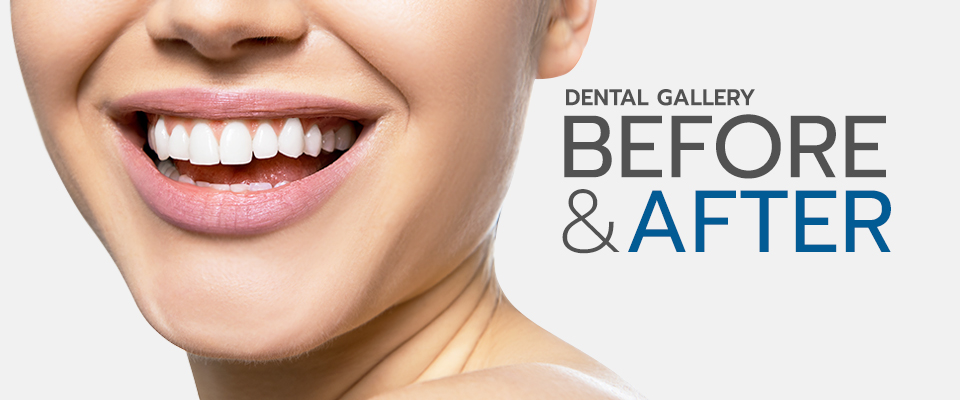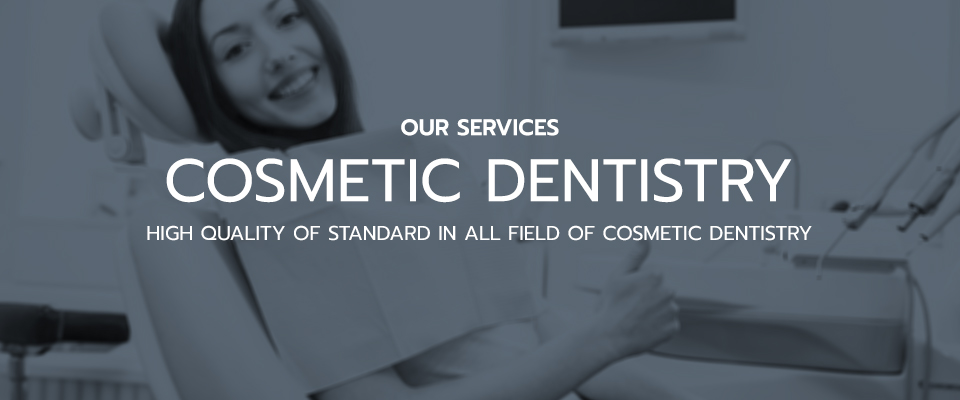Gum was once viewed as poison to the teeth because of the amount of sugar in it but since a sugarfree option became available, attitudes started to change. In most cases, a natural sweetener called Xylitol is used as it can stop plaque bacteria from sticking to your teeth. Studies have also shown that this natural sweetener replaces the minerals in tooth enamel and reduces tooth decay overall.
Does Sugarfree Gum Help My Teeth & Gums?
Yes! You can chew sugarfree gum between meals because at that time, your teeth are at a greater risk of an acid attack. This acid gets produced by plaque bacteria along with the sugars you consume and it works to dissolve the enamel and dentine on your teeth; the result is a cavity which is a hole in the tooth.
By chewing sugarfree gum, you produce more saliva which the mouth’s natural defense against acid and this reduces the impact of the acid attack.
What About Dental Erosion?
Modern food is filled with acids; especially things like fizzy drinks, and these acids cause dental erosion which involves the acids eating into your tooth enamel while also removing some of the minerals. Saliva takes up to an hour to replace lost minerals so you need to chew gum in order to create more saliva and speed up the replacement process.
When Should I Chew Gum?
For best results you should begin to chew gum as soon as possible after eating and continue chewing for up to 20 minutes. It is especially important to remember that plaque begins to form within 30 minutes of cleaning your teeth.
You can chew gum as often as you snack during the day but try not to overdo it as constant chewing can lead to TMJ disorders which can cause a significant amount of pain in the jaw.
If you are interested about dental clinic in Bangkok please visit www.pmdc-dental.com.













